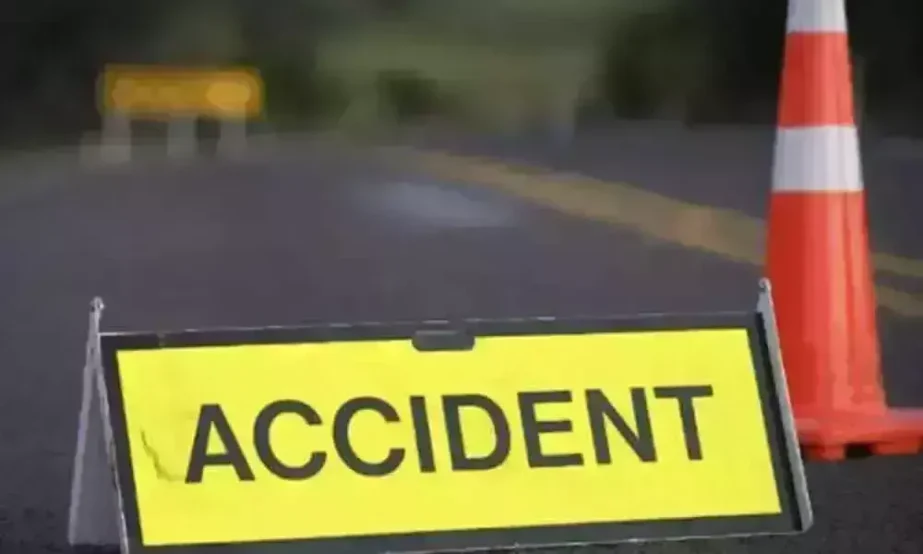
UNB :
At least 426 people died and 813 others were injured in 392 road accidents across the country in September, according to a report by the Road Safety Foundation (RSF).
RSF prepared the report based on information from nine national dailies, seven online news portals, and electronic media, according to a press release on Monday.
Among the victims who lost their lives in road accidents, 179 (42 percent) were motorcyclists; 25 (5.86 percent) were bus passengers; 22 (5.16 percent) were passengers of truck-pickup-van-tractor-trolley; 24 (5.63 percent) were private car-microbus passengers; 63 (14.78 percent) were three-wheeler passengers (e.g., easy bike, CNG, auto-rickshaw, auto-van, tempo, leguna); 6 (1.40 percent) were passengers of locally-made vehicles (e.g., Nosimon, Korimon, Bhutbhuti, Alomshadhu, Mahindra); and 10 (2.34 percent) were bicycle-pedal rickshaw riders.
According to the Road Safety Foundation’s analysis, 162 (41.32 percent) accidents occurred on national highways, 144 (36.73 percent) on regional roads, 47 (11.98 percent) on rural roads, 34 (8.67 percent) on urban roads, and 5 (1.27 percent) in other locations.
The report revealed that in September, the Dhaka division saw the highest number of accidents, with 124 reported incidents resulting in 128 fatalities.

In contrast, the Barishal division recorded the lowest number of accidents, with just 15, along with the fewest fatalities, totaling 16.
At least 19 people died, and 13 were injured in 26 accidents in the capital city, Dhaka, the release also said.
Additionally, there were eight waterway accidents that resulted in 11 fatalities, four injuries, and two individuals still reported missing.
Furthermore, 17 train track accidents led to 13 deaths and nine injuries, according to the RSF.
The organisation identified several factors contributing to the high number of casualties on the country’s roads, including reckless driving, slow-moving vehicles on highways, the absence of fixed pay and working hours for drivers, inadequate traffic management, limited capacity of the Bangladesh Road Transport Authority (BRTA), and the prevalence of extortion within the public transport sector.
